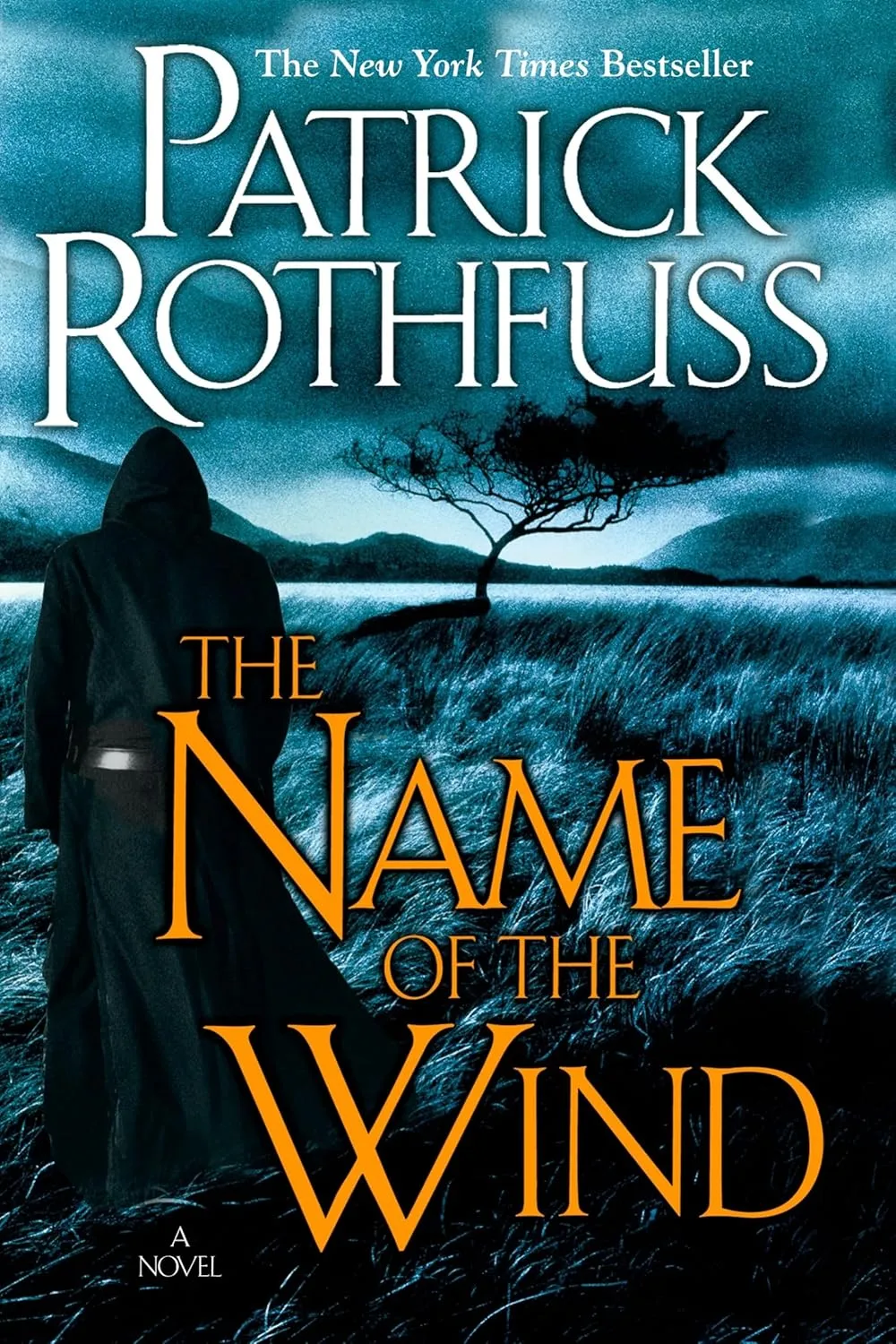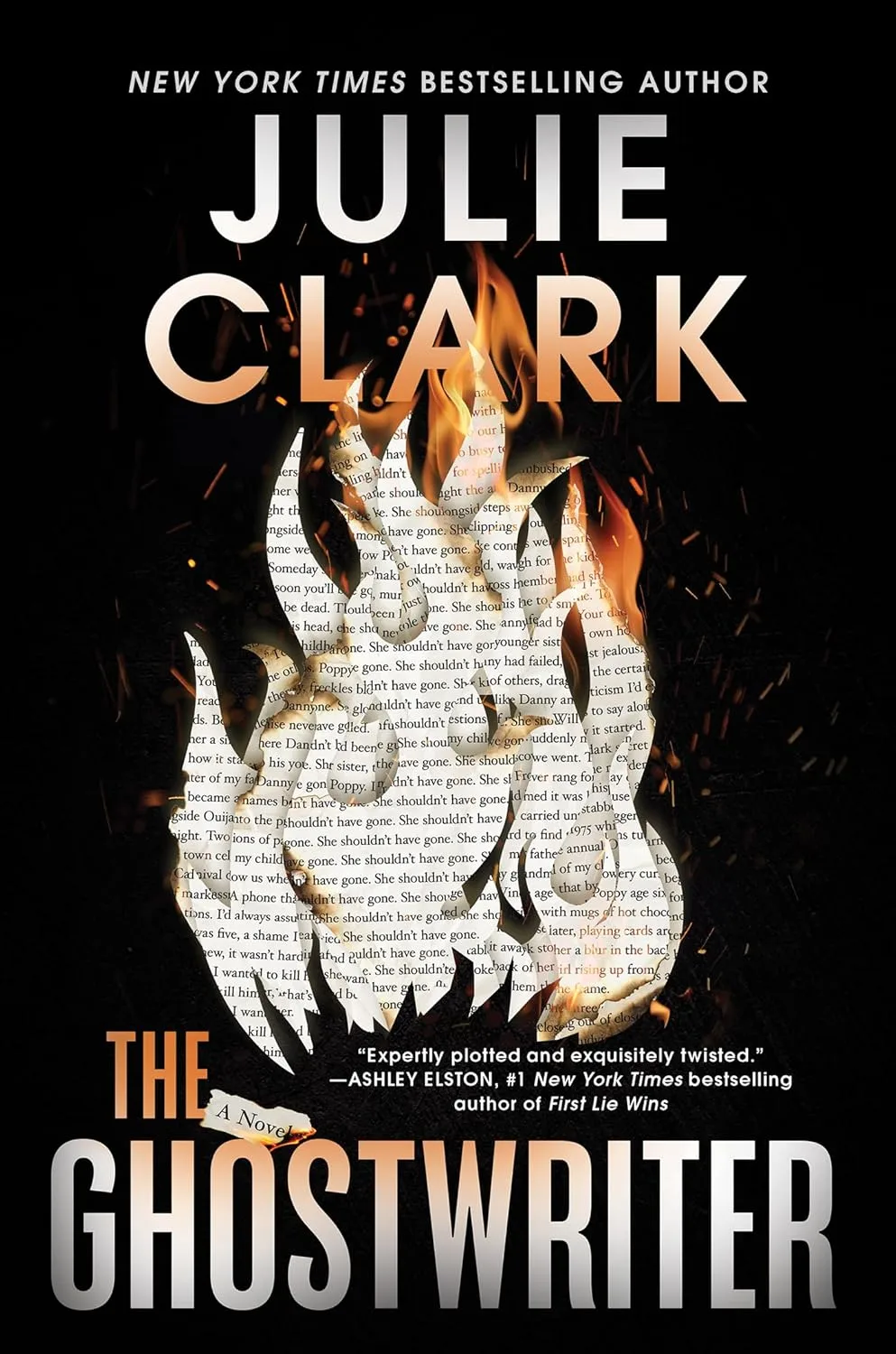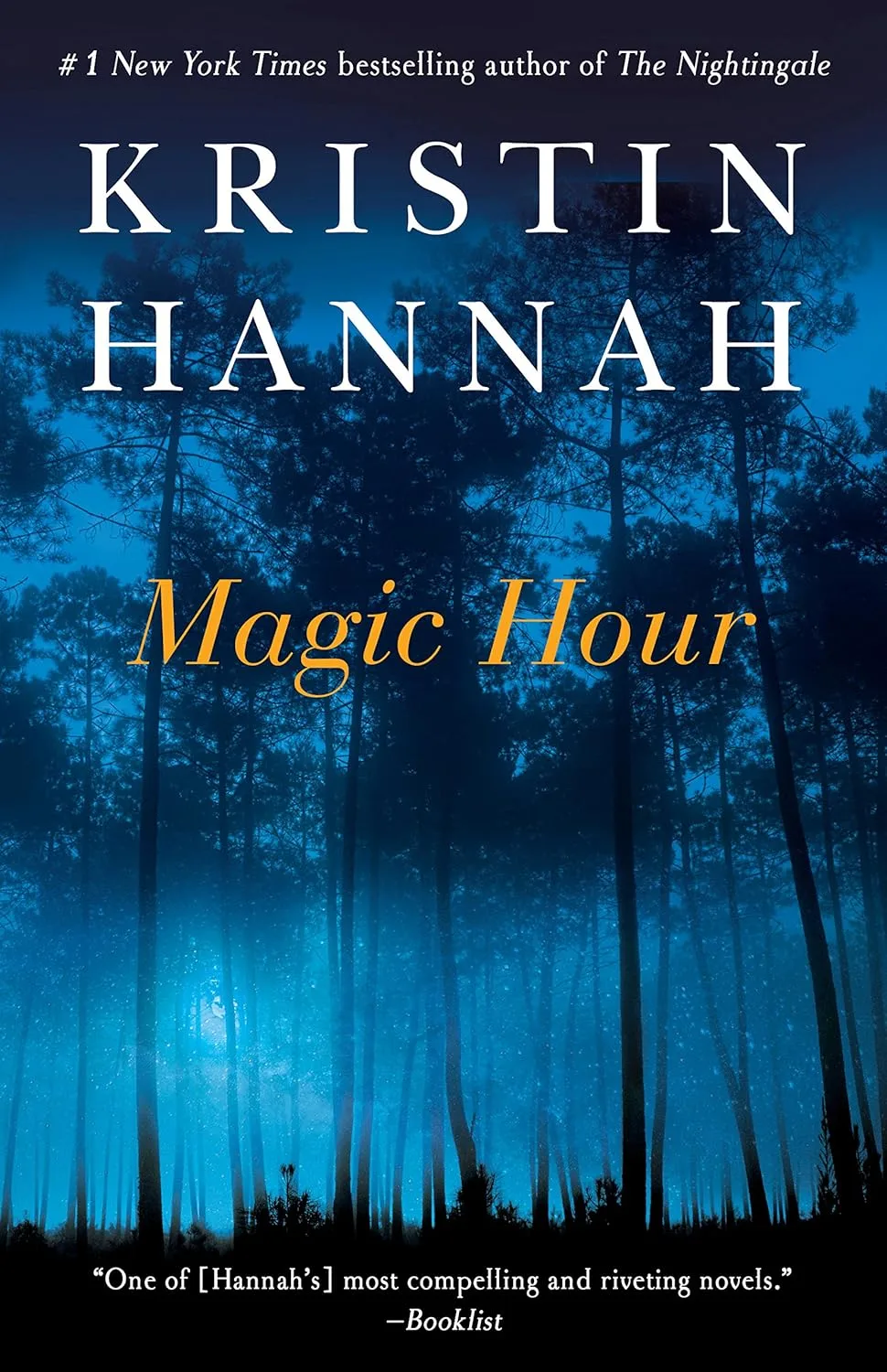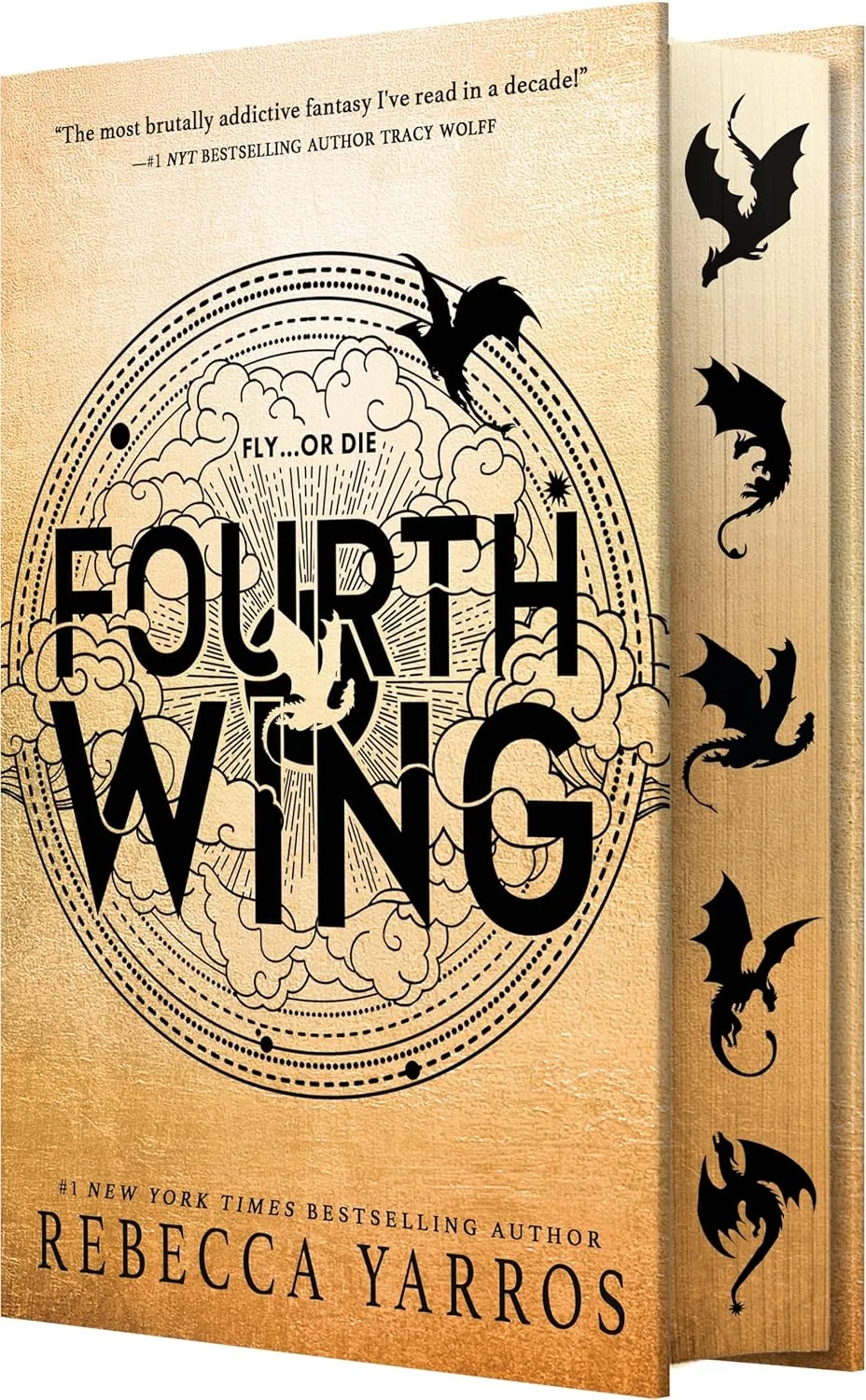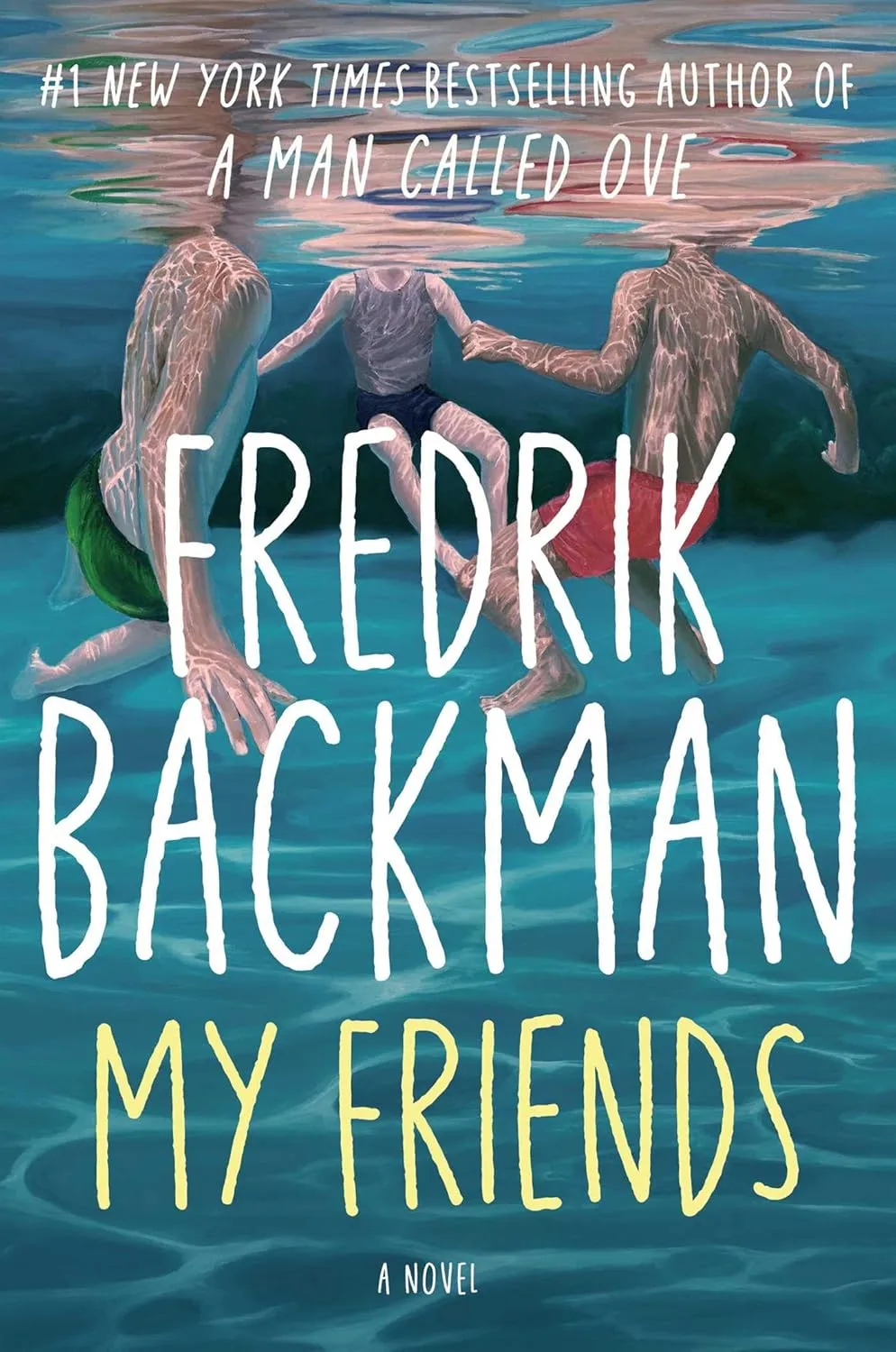Overview
“The Name of the Wind” is the first book in the ongoing fantasy trilogy The Kingkiller Chronicle, written by Patrick Rothfuss and published on March 27, 2007, by DAW Books. Told in Kvothe’s own voice, this is the tale of the magically gifted young man who grows to be the most notorious wizard his world has ever seen. The novel’s framing device features an older Kvothe narrating his youth to a scribe, creating a story-within-a-story structure that has captivated millions of readers worldwide.
Key Takeaways
| Aspect | Details |
|---|---|
| Status | #1 New York Times Bestseller with over 1 million copies sold |
| Genre | Epic fantasy/Heroic fantasy with literary elements |
| Series | First book in The Kingkiller Chronicle trilogy |
| Publication | March 27, 2007 (DAW Books) |
| Critical Acclaim | “Quite simply the best fantasy novel of the past 10 years” – Onion AV Club |
| Awards | Quill Award (2007) – Science Fiction/Fantasy/Horror |
Book Structure
The novel uses the literary device of the “frame story” or “Mise-en-abyme” – a story within a story, featuring Kvothe as a self-effacing innkeeper not yet thirty, currently going by the name of Kote. The narrative unfolds across three days as Kvothe recounts his legendary past to Chronicler, a scribe seeking the truth behind the myths. The structure alternates between the present-day inn setting and Kvothe’s flashbacks to his youth, training at the University, and early adventures.
The book is divided into multiple parts covering Kvothe’s childhood with the Edema Ruh (traveling performers), the tragedy that orphaned him, his life as a street urchin in Tarbean, and his eventual admission to the University where he studies sympathy (a form of magic based on scientific principles).
About the Author
Patrick Rothfuss is an American fantasy author who wrote The Name of the Wind while working on his Bachelor of Arts in English, drawing inspiration from the idea that he wanted a completely new kind of book without the generic characteristics of fantasy. Rothfuss’s lyrical prose and intricate world-building quickly earned him comparisons to genre giants like George R.R. Martin and Ursula K. Le Guin. Ursula K. Le Guin herself praised the book, writing, “It is a rare and great pleasure to come on somebody writing the way [Patrick Rothfuss does], not only with the kind of accuracy of language that seems to me absolutely essential to fantasy-making, but with real music in the words as well”.
Why This Book Resonates
The book has been described as “more than just a book” – “Patrick Rothfuss has created an intricate universe” that combines traditional fantasy elements with innovative storytelling techniques. The novel resonates because it subverts fantasy tropes while honoring them, featuring a protagonist who is simultaneously legendary and deeply human. This richly woven narrative has become a beloved classic of modern fantasy literature.
The book’s appeal lies in its literary quality, complex magic system based on scientific principles, and the mystery surrounding Kvothe’s present-day situation – why this legendary figure now lives as a simple innkeeper, apparently stripped of his powers.
Ideal Audience
- Epic fantasy enthusiasts seeking literary quality alongside adventure
- Readers of Brandon Sanderson, Joe Abercrombie, and Robin Hobb
- Fans of complex magic systems and detailed world-building
- Literary fiction readers interested in fantasy elements
- Mythology and folklore lovers who appreciate bardic traditions
- Readers who enjoy unreliable narrators and frame narratives
- Young adult and adult readers (crossover appeal)
- Musicians and artists who appreciate the emphasis on performance and creativity
Memorable Quote
“My name is Kvothe. I have stolen princesses back from sleeping barrow kings. I burned down the town of Trebon. I have spent the night with Felurian and left with both my sanity and my life. I was expelled from the University at a younger age than most people are allowed in. I tread paths by moonlight that others fear to speak of during day. I have talked to Gods, loved women, and written songs that make the minstrels weep.”
Central Themes
| Theme | Description |
|---|---|
| The Power of Stories | How legends are made, told, and distorted over time |
| Music and Performance | The transformative power of art and the bardic tradition |
| Knowledge vs. Wisdom | Academic learning versus practical understanding |
| Tragedy and Loss | How devastating events shape character and destiny |
| Identity and Reputation | The burden of legend and the masks we wear |
| Love and Obsession | Kvothe’s complex relationships and unrequited love |
| Silence and Names | The magical and philosophical power of naming |
| Hubris and Consequence | How pride and ambition lead to downfall |
FAQ
Q: Do I need to read the entire trilogy? A: Warning: the third book isn’t out yet, so once you blow through the first two books, you’ll be stuck waiting. The book can be enjoyed standalone but ends with anticipation for more.
Q: What makes the magic system unique? A: Rothfuss created “sympathy,” a magic system based on scientific principles like thermodynamics and the conservation of energy, alongside “naming” – a more mystical form of magic.
Q: Is this appropriate for younger readers? A: The book has crossover appeal but deals with mature themes including violence, poverty, and complex relationships.
Q: How does it compare to other fantasy series? A: Many readers consider The Kingkiller Chronicle in their “top 3” fantasy series, praising its literary quality and innovative approach.
Character Analysis
Kvothe: The legendary hero telling his own story, known for his red hair, green eyes, musical talent, and quick temper. He’s both the narrator and protagonist, creating complexity through potential unreliability.
Denna: Kvothe’s mysterious love interest, a complex female character who appears and disappears throughout his life, representing both inspiration and heartbreak.
Kilvin: Master Artificer at the University who becomes a mentor figure to Kvothe in the art of creating magical devices.
Bast: Kvothe’s student and companion in the present timeline, revealed to be more than he initially appears.
Critical Reception
George R.R. Martin is a fan of the series, and Michael Chabon praised the book, comparing its prose to Ursula Le Guin’s. The novel won the Quill Award in 2007 and has maintained consistent critical and popular acclaim. Readers frequently express understanding of “what everyone’s raving about” after experiencing Rothfuss’s storytelling firsthand.
World-Building Elements
The Four Corners of Civilization: The known world where the story takes place, featuring various kingdoms and cultures.
The University: A center of learning where students study various forms of magic and scholarship.
The Edema Ruh: Traveling performers who preserve stories and songs, representing Kvothe’s cultural background.
Sympathy and Naming: Two distinct magic systems that operate on different principles.
Final Thoughts
“The Name of the Wind” stands as a masterpiece of modern fantasy literature that elevates the genre through literary prose, complex characterization, and innovative storytelling techniques. Every legend has a beginning, and Kvothe is here to tell you the true story of his own. The novel succeeds in creating a deeply immersive world while exploring profound themes about the nature of story, legend, and truth.
Rothfuss has crafted a work that appeals to both fantasy veterans and newcomers to the genre, combining the epic scope of traditional fantasy with the psychological depth of literary fiction. The book’s enduring popularity and critical acclaim demonstrate its success in achieving the author’s goal of creating “a completely new kind of book without the generic characteristics of fantasy.”
For readers seeking a fantasy novel that challenges conventions while delivering emotional resonance and literary beauty, “The Name of the Wind” represents an essential addition to any library.

